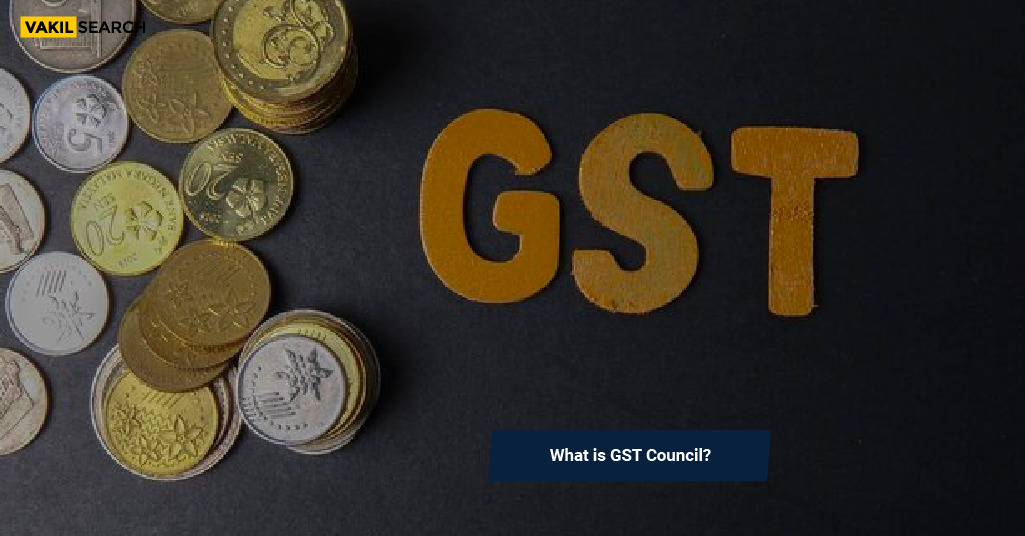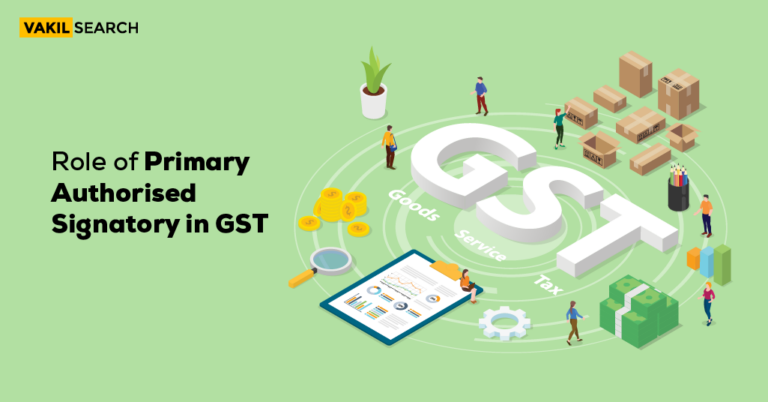Know in detail about the genesis, functions, and impact of India's GST Council. Our blog unravels its pivotal role in shaping tax policies and other insights.
GST Council Overview
The GST Council is a pivotal entity in the taxation landscape of India, serving as a collaborative platform between the Government of India and various state governments. Formed to streamline the taxation process and bring about a unified taxation system, the GST Council plays a crucial role in regulating and overseeing the implementation of the Goods and Services Tax (GST).
Latest Updates
In 2023, it was made clear that, in accordance with the current provisions of the GST law, the Input Services Distributor (ISD) mechanism is not required for the distribution of input tax credit of common input services acquired from third parties to the distinct persons.
Creating GST Council
The GST council was started in India after passing the One hundred and two second amendment bill of 2016 introducing the goods and service taxes in India. It was launched on 8 September 2016. As per Article 279a one of the amended constitutions the president approves the constitution within 60 days of initiating the Article 279a. On 10 September 2016 the notification to enforce Article 279a was initiated and was started on effect from 12 September 2016. In an union cabinet meeting held on 12 September 2016 the GST setup council was approved and its secretariat was set up. Finance minister Sri Arun Jaitley initiated the first meeting and conducted it on 22 and 23 September 2016 in New Delhi.
Why Do We Need a GST Council?
- The GST Council is responsible for overseeing modifications, reconciliations, and the formulation of laws and regulations related to the Goods and Services Tax (GST) in India
- Headed by Union Finance Minister Nirmala Sitharaman, the council operates as the central decision-making body for GST matters
- Finance ministers from all states in India actively assist the Union Finance Minister in the discussions and decisions within the GST Council.
How is the GST Council Structured?
As stated in Article 279 (1) of the amended Indian Constitution, the GST Council is responsible for overseeing the administration of the Goods and Services Tax (GST). Within 60 days of the initiation of Article 279A, the President is mandated to form the GST Council. Constituent members of the GST Council include:
- Arun Jaitley, the Union Finance Minister, who assumes the role of the Chairperson
- The Union Minister of State responsible for Revenue of Finance, serving as a member
- Representatives nominated by each State government, specifically the Ministers in charge of finance or taxation, or any other Minister designated for this purpose.
GST Council Recommendations
In accordance with Article 279A (4), the GST Council is tasked with providing recommendations to both the Union and the States regarding crucial matters related to the Goods and Services Tax (GST). These include decisions on whether specific goods and services should fall under the purview of GST or be exempted. The council formulates guidelines and principles pertaining to the following key aspects:
- Place of Supply: The determination of the location where goods and services are considered to be supplied
- Threshold Limits: Establishing the limits beyond which businesses become liable for GST registration and compliance
- GST Rates on Goods and Services: Prescribing the rates at which GST is applicable to various goods and services.
- Special Rates for Obtaining Extra Funds During Natural Disasters or Calamities: Outlining particular GST rates to raise additional funds during natural disasters or calamities
- Special GST Rates for Certain States: Designating distinctive GST rates tailored for specific states based on their unique requirements or circumstances.
Features of GST Council That You Must Know
- The operational headquarters of the GST Council is established in New Delhi
- The role of Ex-officio Secretary to the GST Council is assumed by the appointed Revenue Secretary
- The Central Board of Excise and Customs (CBEC) is integrated into the council, with its chairperson serving as a permanent invitee, participating in all proceedings in a non-voting capacity
- A new position of Additional Secretary to the GST Council is established
- Within the GST Council Secretariat, four Commissioner-level posts are created, equivalent to the rank of Joint Secretary
- Officers from both the Central and State Governments are deputed to serve in the GST Council Secretariat
- The cabinet allocates funds to cover the expenses, both recurring and non-recurring, of the GST Council Secretariat. Notably, the Central government entirely shoulders these costs.
GST Council Meetings
The GST Council convenes to deliberate on and formulate GST laws aimed at benefiting dealers nationwide. In the most recent meeting, the Council resolved to enforce GST provisions related to e-way bills, necessitating online registration for the movement of goods valued at over ₹50,000. Additionally, the deadline for filing GSTR-1 has been extended. The Council will create anti-profiteering screening committees in order to strengthen the National Anti-Profiteering Authority as mandated by the GST law. In addition to enacting GST rules, the GST Council has made important choices such as:
- Exemption Threshold: The exemption threshold for GST is set at ₹20 lakh per year for all states, excluding special category states
- Special States Threshold: Special states will have a threshold of ₹10 lakh per year
- Composition Scheme Threshold: The threshold for the composition scheme is fixed at ₹75 lakh for all states, except for the North East States and Himachal Pradesh, where it is set at ₹50 lakh per year
- Exclusion from Composition Levy: Manufacturers of ice cream, tobacco, pan masala, and other edible ice are ineligible for composition levy, except in the case of restaurant services.
In addition, the GST Council is actively working on developing regulations that address a number of topics related to the GST regime, including registration, payment, valuation, input tax credit, composition, return, refund, invoice, and transitional provisions.
Members
The GST Council is composed of the following members:
- The Union Finance Minister, serving as the Chairman
- The Union Minister of State in charge of Revenue or Finance
- The Minister in charge of Finance, Taxation, or any other Minister nominated by each State Government.
In the Union Cabinet meeting on 12 September 2016, additional appointments were made:
- The Secretary (Revenue) was designated as the Ex-officio Secretary
- The Chairperson of the Central Board of Excise and Custom (CBEC) became a permanent invitee (non-voting) to all Council proceedings
- A position of Additional Secretary to the Council in the Secretariat was created, at the level of Additional Secretary to the Government of India
- Four Commissioner-level posts in the GST Secretariat were established, at the level of Joint Secretary to the Government of India.
Decision Making
The GST Council will make recommendations on:
- Inclusion of taxes, cesses, and surcharges within GST scope
- Identification of goods and services subject to or exempt from GST
- Establishment of the maximum turnover value defining GST functionality
- Formulation of GST rates
- Articulation of GST laws, principles of levy, and apportionment of IGST
- Determination of principles associated with the place of supply
- Special provisions for northeastern states, Himachal Pradesh, Jammu and Kashmir, Uttarakhand
- Consideration of other associated matters
- Addressing issues related to the implementation and regulation of GST in India
Secretariat
The Secretariat, responsible for managing the GST Council, is staffed by officers deputed from both the Central and State Governments. In its inaugural meeting, the Cabinet allocated ample funds to cover both recurring and non-recurring expenses of the Secretariat. The entire financial burden for overseeing the Secretariat is assumed by the Central Government.










